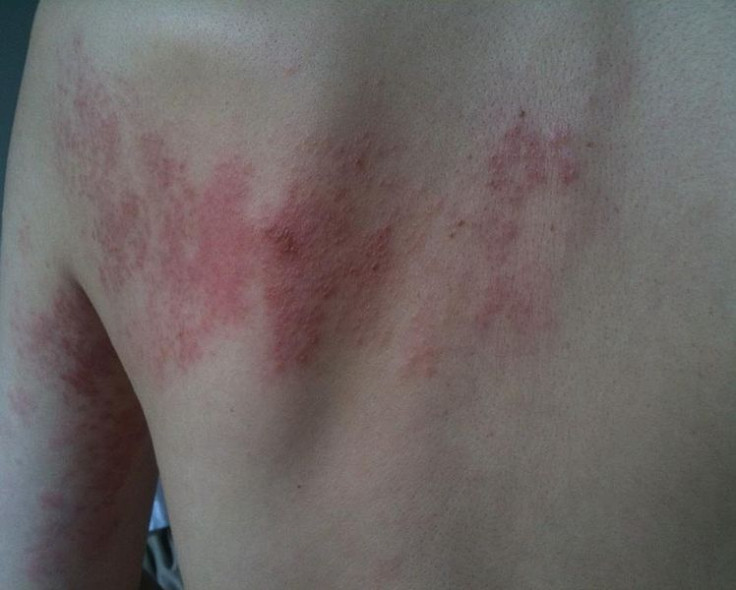Protecting the Elderly: UK to Vaccinate Against Shingles

Beginning this September, people in their 70s across the United Kingdom will be offered a vaccine against shingles, a viral infection that causes a painful rash. Estimates suggest that in England alone, around 800,000 people will be eligible to receive the vaccine in the first year.
With elderly people at the greatest risk for the infection, the vaccination program should prevent nearly half of the cases, according to the Department of Health.
Shingles can occur anywhere on the body though it often appears as a single strip of blisters that wraps around either the left or right side of the torso.
Shingles is caused by the same virus that causes chickenpox, and can remain inactive in the nervous system for decades with the body's immune system keeping it latently in check. Although it isn't a life-threatening condition, shingles can be very painful. Vaccines can help reduce the risk of developing shingles, while early treatment can help shorten an infection and lessen the chance of complications.
Although the vaccination program will cost about £25m a year, the National Health Service estimates it will save about £20m a year in hospital, doctor, and prescription costs. Routine immunization against the disease has been recommended for some time and individuals have paid between £150 and £200 to get the vaccine privately.
From September, those aged 70 and 79 in England, Scotland, and Northern Ireland will be vaccinated while Wales will initially target 78- and 79-year-olds. Over the next few years, the program will expand to include the entire 70-79 age group across the UK.
"Shingles can be a nasty disease for older people and can lead to long-term health problems for around 14,000 people each year," said a Department of Health spokesman.
For immunosuppressed individuals struggling with HIV infection or receiving cancer treatments, for example, shingles is a serious threat. In severe cases, shingles can cause complications such as hearing loss or brain swelling.
A person with a shingles rash can pass the virus to someone, usually a child, who has never had chickenpox, but in such a case, the child would develop chickenpox, not shingles. A person with chickenpox, however, cannot communicate shingles as the infection arises from the virus hiding inside the person's body, not from an outside source.



























